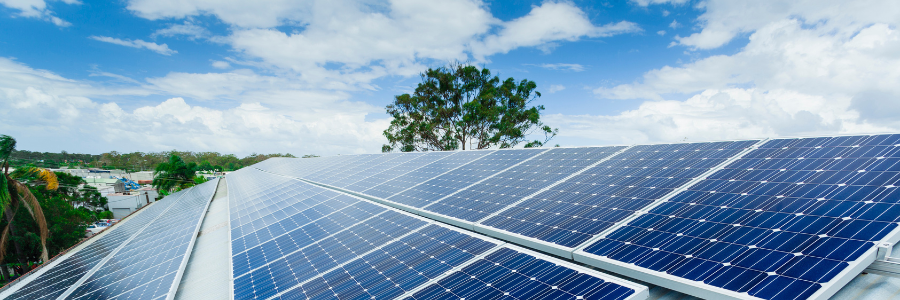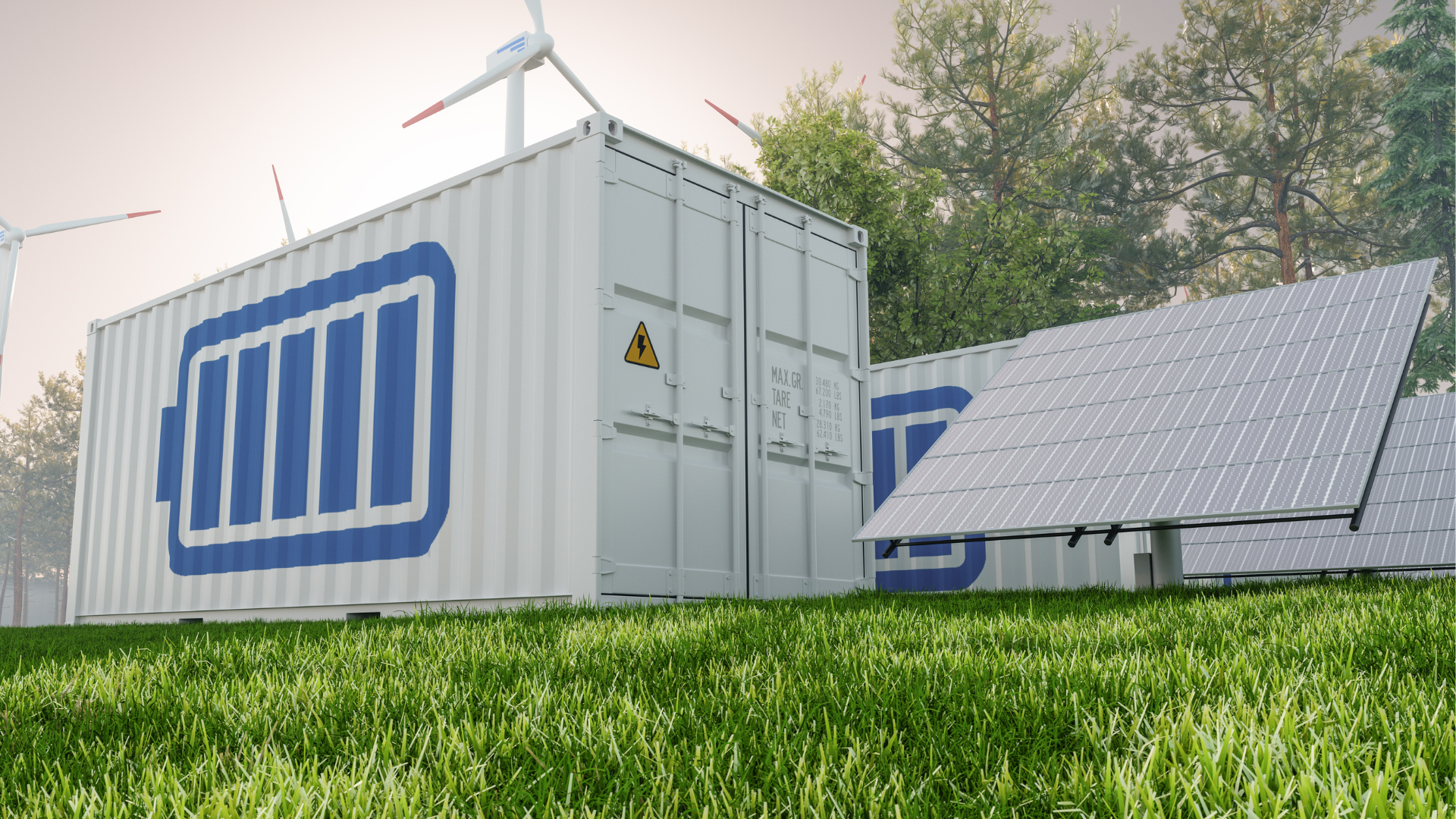How Many Solar Panels Are Needed to Run a House Off-Grid?
With increasing interest in sustainable living and renewable energy solutions, more people are exploring the possibilities of off-grid living. Living independently from the traditional power grid is particularly appealing for those who wish to reduce their carbon footprint, lower utility bills, and ensure energy security. With its varied climate and abundant natural resources, Ontario is an ideal location for off-grid living.
This guide provides a comprehensive overview of how many solar panels are needed to run off-grid houses. By understanding the factors involved, you can make informed decisions about your energy needs and system requirements. Whether new to the idea or looking to upgrade your existing setup, this guide will help you navigate the essentials of off-grid solar power. We will also highlight the importance of working with experienced solar contractors in Ontario to ensure a successful transition to off-grid living.

1: Understanding Off-Grid Living
- What Is Off-Grid Living?
Off-grid living is where individuals or households operate independently from the traditional electrical grid. This means generating your power through renewable energy sources like solar panels. The benefits of off-grid living include greater self-sufficiency, reduced energy costs, and a lower environmental impact. By relying on renewable energy, off-grid living helps reduce dependence on fossil fuels and minimizes your carbon footprint.
- Why Choose Off-Grid Living in Ontario?
Ontario offers specific advantages for those interested in off-grid living. The province has various natural resources that can be harnessed for renewable energy, including ample sunlight for solar power. Ontario's diverse climate and rural areas also provide ideal settings for off-grid setups, where access to the traditional grid may be limited or costly. Off-grid living in Ontario allows residents to enjoy the peace of rural life while maintaining modern comforts through sustainable energy solutions.
2: Factors Influencing Solar Panel Requirements
- Energy Consumption
Calculate your household energy consumption to determine how many solar panels you need. Review your electricity bills to find your average monthly usage, measured in kilowatt-hours (kWh). Alternatively, use an energy consumption calculator to estimate your daily and monthly needs based on the appliances and devices you use. Accurate energy consumption data is crucial for designing an efficient off-grid solar system.
- Solar Panel Efficiency
Solar panel efficiency refers to how well a panel converts sunlight into electricity. Higher efficiency panels generate more power in a smaller space but often come at a higher cost. Standard efficiency panels typically range from 15-20%, while high-efficiency panels can exceed 22%. When selecting panels, consider the balance between cost and space availability. Consulting with solar contractors in Ontario can help you choose the best panels for your specific needs.
- Geographic Location and Climate
Ontario’s geographic location and climate significantly impact solar panel performance. The province experiences varying amounts of sunlight throughout the year, with shorter days in winter and longer days in summer. Additionally, snow cover and cloudy weather can reduce solar panel efficiency. To optimize performance, panels should be installed at an angle that maximizes exposure to sunlight, particularly during the winter months. Local solar contractors in Ontario can provide insights into the best installation practices for the region’s specific climate conditions.
Understanding these factors will help you more accurately determine the number of solar panels required for your off-grid living setup in Ontario.
3: Calculating the Number of Solar Panels Needed
- Assessing Your Energy Needs
To determine your daily and monthly energy consumption, list all your home's electrical appliances and devices. Record their wattage and estimate the hours each device uses daily. Multiply the wattage by the hours used to find the daily energy consumption for each device, then sum these values to get the total daily consumption. Multiply the daily total by 30 to estimate your monthly energy needs. This calculation provides a baseline for sizing your off-grid solar system.
- Solar Panel Output
The average solar panel produces between 250 to 400 watts of power per hour under optimal conditions. To estimate the number of panels needed, divide your daily energy consumption by one panel's average daily energy production. For instance, if a panel produces 1.5 kWh daily and your daily energy requirement is 30 kWh, you would need 20 panels (30 kWh / 1.5 kWh per panel).
- Example Calculation
Let’s consider a hypothetical example. Suppose your home in Ontario consumes 900 kWh per month (30 kWh per day). Using 300-watt panels that generate approximately 1.5 kWh per day, you’d calculate your needs as follows:
- Daily consumption: 30 kWh
- Panel output: 1.5 kWh per day
- Number of panels needed: 30 kWh / 1.5 kWh = 20 panels
This example illustrates determining the number of solar panels required for off-grid living in Ontario. Consulting with solar contractors in Ontario can refine this calculation based on specific local conditions and panel efficiencies.
4: Choosing the Right Solar Panels
- Types of Solar Panels
When choosing solar panels for your off-grid system, you’ll encounter three main types: monocrystalline, polycrystalline, and thin-film.
Monocrystalline Panels: Known for their high efficiency and longevity, monocrystalline panels are made from single-crystal silicon. They typically offer efficiency rates of 15-22%, making them ideal for limited space.
Polycrystalline Panels: These panels are made from multiple silicon crystals and are generally less efficient than monocrystalline panels, with 13-16% efficiency rates. However, they are more affordable and still viable for many installations.
Thin-Film Panels: Made from materials like cadmium telluride or amorphous silicon, thin-film panels are lightweight and flexible. They offer lower efficiency rates (10-12%) but can be useful in specific applications where weight or flexibility is a concern.
- Selecting Quality Panels
Choosing high-quality solar panels is crucial for the reliability and longevity of your off-grid system. High-quality panels are more efficient, durable, and capable of withstanding harsh weather conditions. They also come with better warranties, ensuring long-term performance and peace of mind. When selecting panels, consider their efficiency, warranty, and the manufacturer's reputation.
Working with experienced solar contractors in Ontario can help you navigate these choices. They can provide expert recommendations on the best types of panels for your specific needs and ensure proper installation for maximum efficiency. Investing in high-quality panels from reputable manufacturers ensures your off-grid system will perform optimally and last many years.
5: Working with Solar Contractors in Ontario
Selecting reputable solar contractors in Ontario is crucial for a successful off-grid installation. Start by researching local contractors with strong customer reviews and high ratings. Look for certified companies from recognized industry organizations like the Canadian Solar Industries Association (CanSIA).
Check their experience handling off-grid installations specifically, as this requires specialized knowledge. Request references from past clients to gauge their satisfaction with the contractor’s work. Verify that the contractor is licensed and insured to protect yourself from potential liabilities.
- Questions to Ask Potential Contractors
To ensure you’re working with experienced professionals, ask potential solar contractors the following key questions:
- What is your experience with off-grid solar installations? – Ensure they have specific experience in designing and installing off-grid systems.
- Can you provide references from previous clients? – Speaking with past clients can provide insight into the contractor’s reliability and quality of work.
- What certifications and licenses do you hold? – Confirm their credentials to ensure they meet industry standards.
- What brands of solar panels and components do you recommend? Quality recommendations can indicate a company's commitment to high standards.
- What is included in your warranty and maintenance services? – Understand what kind of support you’ll receive after the installation.
By asking these questions, you can gauge the expertise and reliability of potential solar contractors in Ontario. Working with experienced and reputable contractors ensures your off-grid solar system is installed correctly, maximizing efficiency and longevity.
6: Additional Components for Off-Grid Systems
- Battery Storage
Battery storage is a critical component of any off-grid solar system. Batteries store excess energy generated by your solar panels during the day for use at night or during cloudy periods. They ensure a continuous power supply and increase the reliability of your off-grid system. Your battery storage capacity should be sufficient to meet your household's energy needs during periods with little or no sunlight. Lithium-ion batteries are commonly used due to their efficiency, longevity, and ability to handle frequent charge and discharge cycles.
- Inverters and Charge Controllers
Inverters and charge controllers are essential for managing and converting the energy produced by your solar panels. Inverters convert the direct current (DC) generated by the panels into alternating current (AC) used by most household appliances. Charge controllers regulate the voltage and current from the solar panels to the batteries, preventing overcharging and ensuring optimal battery health. These components are vital for your off-grid system's safe and efficient operation.
For those considering off-grid living in Ontario, working with knowledgeable solar contractors ensures that your system is designed with the appropriate battery storage, inverters, and charge controllers to reliably meet your energy needs.
7: Maintenance and Longevity of Solar Panels
- Routine Maintenance
Regular maintenance is essential to keep your solar panels operating at peak efficiency. Clean the panels periodically to remove dust, dirt, and debris that can reduce their effectiveness. Use a soft brush or a leaf blower for dry cleaning and water with mild soap for more thorough cleaning. Inspect the panels for any signs of damage, such as cracks or loose connections, and ensure that the mounting hardware remains secure. Monitoring the system’s performance through an app or monitoring system can help you identify and address issues promptly.
- Longevity and Warranty
High-quality solar panels typically have a lifespan of 25-30 years. Manufacturers often provide warranties that guarantee a certain level of performance over this period, usually around 80-90% of the original efficiency after 25 years. Warranties are crucial as they offer protection against defects and performance degradation. When selecting solar panels, choose products from reputable manufacturers and ensure that your solar contractors in Ontario provide comprehensive warranty coverage as part of their installation services.
Proper maintenance and understanding of your solar panel warranties can significantly extend the lifespan of your off-grid system, ensuring reliable energy production for many years. Working with experienced solar contractors can help you select durable panels and maintain them effectively.
Conclusion
In summary, off-grid living in Ontario requires careful planning and the right components to ensure a reliable and efficient energy supply. By understanding your energy needs, selecting high-quality solar panels, and working with experienced solar contractors in Ontario, you can successfully transition to off-grid living. Consider the benefits of renewable energy and take steps toward greater self-sufficiency. If you have any questions or need further guidance, feel free to leave comments or contact local solar contractors for personalized advice.










